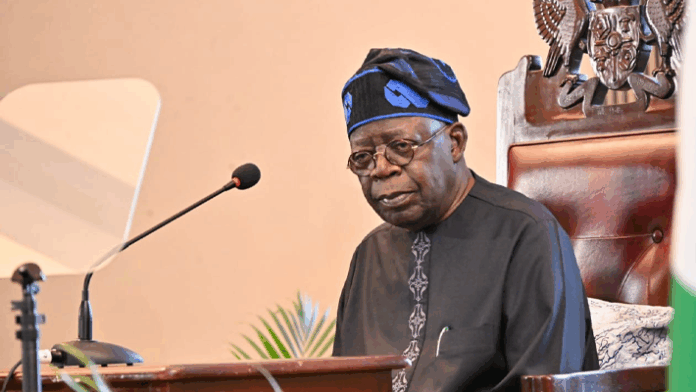By: Joy Musa
In a sweeping move to sanitize Nigeria’s digital space, the Federal Government has confirmed the shutdown of 13,597,057 social media accounts and the removal of 58,909,112 offensive posts across major platforms including TikTok, Facebook, Instagram, and X (formerly Twitter).
The action was disclosed in the recently released Code of Practice 2024 Compliance Report, submitted by leading tech companies such as Google, Microsoft, and TikTok. The report outlines the platforms’ efforts to comply with Nigeria’s regulatory framework aimed at curbing online harm and promoting responsible digital engagement.
Jointly issued by the Nigerian Communications Commission (NCC), the National Information Technology Development Agency (NITDA), and the National Broadcasting Commission (NBC), the Code of Practice mandates that interactive computer service platforms operating in Nigeria must register locally, adhere to content moderation standards, and fulfill tax obligations.
According to the report:
– 13,597,057 accounts were deactivated for violating content policies and regulatory guidelines.
– 58,909,112 posts deemed offensive or harmful were taken down.
– 754,629 complaints were registered by users.
– 420,439 contents were removed and later re-uploaded following successful appeals.
In a statement issued Wednesday, NITDA’s Director of Corporate Communications, Hajiya Hadiza Umar, praised the platforms for their compliance and emphasized the importance of sustained collaboration among stakeholders.
“The submission of these reports marks a significant step towards fostering a safer and responsible digital environment for Nigerian users,” Umar stated. “We remain committed to working with industry players, civil society, and regulatory partners to further strengthen user safety measures, enhance digital literacy, and promote trust and transparency in Nigeria’s digital ecosystem”.
The move has sparked debate among digital rights advocates, with some praising the government’s commitment to online safety, while others raise concerns about potential overreach and censorship.
As Nigeria’s digital population continues to grow, the balance between freedom of expression and responsible content regulation remains a critical conversation for the future of the nation’s online ecosystem.







